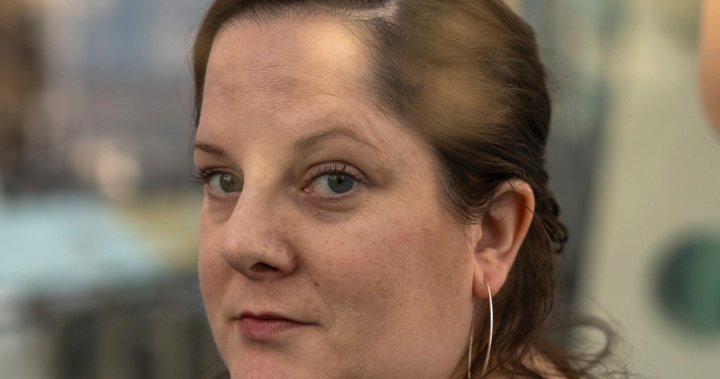
A pacemaker for your brain? It helped one woman with her crippling depression
Global News
Researchers say the treatment could eventually help many of the nearly three million Americans like her with depression that resists other treatments.
Emily Hollenbeck lived with a deep, recurring depression she likened to a black hole, where gravity felt so strong and her limbs so heavy she could barely move. She knew the illness could kill her. Both of her parents had taken their lives.
She was willing to try something extreme: Having electrodes implanted in her brain as part of an experimental therapy.
Researchers say the treatment —- called deep brain stimulation, or DBS — could eventually help many of the nearly three million Americans like her with depression that resists other treatments. It’s approved for conditions such as Parkinson’s disease and epilepsy, and many doctors and patients hope it will become more widely available for depression soon.
The treatment gives patients targeted electrical impulses, much like a pacemaker for the brain. A growing body of recent research is promising, with more underway — although two large studies that showed no advantage to using DBS for depression temporarily halted progress, and some scientists continue to raise concerns.
Meanwhile, the Food and Drug Administration has agreed to speed up its review of Abbott Laboratories’ request to use its DBS devices for treatment-resistant depression.
“At first I was blown away because the concept of it seems so intense. Like, it’s brain surgery. You have wires embedded in your brain,” said Hollenbeck, who is part of ongoing research at Mount Sinai West. “But I also felt like at that point I tried everything, and I was desperate for an answer.”
Hollenbeck suffered from depression symptoms as a child growing up in poverty and occasional homelessness. But her first major bout happened in college, after her father’s suicide in 2009. Another hit during a Teach for America stint, leaving her almost immobilized and worried she’d lose her classroom job and sink into poverty again. She landed in the hospital.
“I ended up having sort of an on-and-off pattern,” she said. After responding to medication for a while, she’d relapse.












